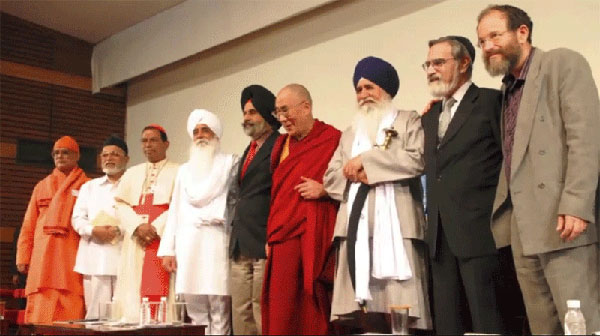The University of Utah is often framed as the go-to Utah school for students wanting to get away from religion. Some students who are members of the Church of Jesus Christ of Latter-day Saints want a change of pace from the church-operated Brigham Young University, while some non-Mormon students want to get as far away from the influence of the LDS church as possible. Other students don’t care about religion in Utah either way. While the U is the state’s flagship secular university, it is not devoid of religious exploration. The Department of World Languages and Cultures houses the Religious Studies Program, which offers majors and minors to students. Its slogan, “faith is not a prerequisite,” highlights one of the most interesting characteristics of the program: it is a secular program and is dedicated to the study religion from academic perspectives. All students, regardless of their own religious views or major, should take a course from the Religious Studies Program.
The main reasons for taking any course from the department are simple: many people are religious and believe in a variety of religions. If one wants to be able to live in a diverse society and know more about what other people believe and why, understanding another’s sincerely held beliefs helps one to reduce conflict and build bridges between different cultures. The religious studies website says that they “focus on teaching students ways of engaging religious difference in complex ways and learning to talk thoughtfully, and respectfully about these differences. With this training place, they are uniquely able not only to analyze how religious discourse informs divisive situations, but more importantly, how to actively foster civil dialogue that honestly honors, rather than mitigates religious difference.”
This goal is applicable to all students, regardless of their field. Doctors have to know how to act sensitively to how patients’ faiths can affect their medical treatment. Social workers have to know about different faiths’ standards of child-rearing. Teachers have to know how to negotiate the question of whether there is a divide between religion and science.
Even when we don’t directly use religious knowledge in our professions, we use it in our personal lives. Studying religion reminds us of the diversity of worldviews and that not everyone approaches issues from the same perspective. For example, a member of one faith might place more emphasis on family time than a member of another faith that prizes service to the poor (not that these ideals are mutually exclusive). If we look at these two people without understanding their religion-based worldview, we might judge them for having “the wrong priorities.” Studying religion teaches us to be more understanding and accepting of differences.
The secondary reason to take religious studies classes is that they are really cool. The program is interdisciplinary and draws from departments as varied as philosophy, political science and french. The classes, taken from the religious studies’ list of approved courses, range from “Empathy, Medicine, and the Human Condition” to “God, Love, and Mysticism.” Some courses, like “Spirituality in Social Work,” are obviously practical while others, like “Classical Mythology,” are just fun to learn about. The best part is that many of these interesting courses fulfill the Humanities Exploration, International and Diversity requirements (according to the Fall 2018 Course Catalog).
Again, “faith is not a prerequisite.” Neither is a humanities major. Whether you are a devout member of the LDS church or an avowed atheist, a biochemistry or French major, you should take a religious studies course. Take a fun class, knock out a graduation requirement and become a better citizen of the world as a result.


